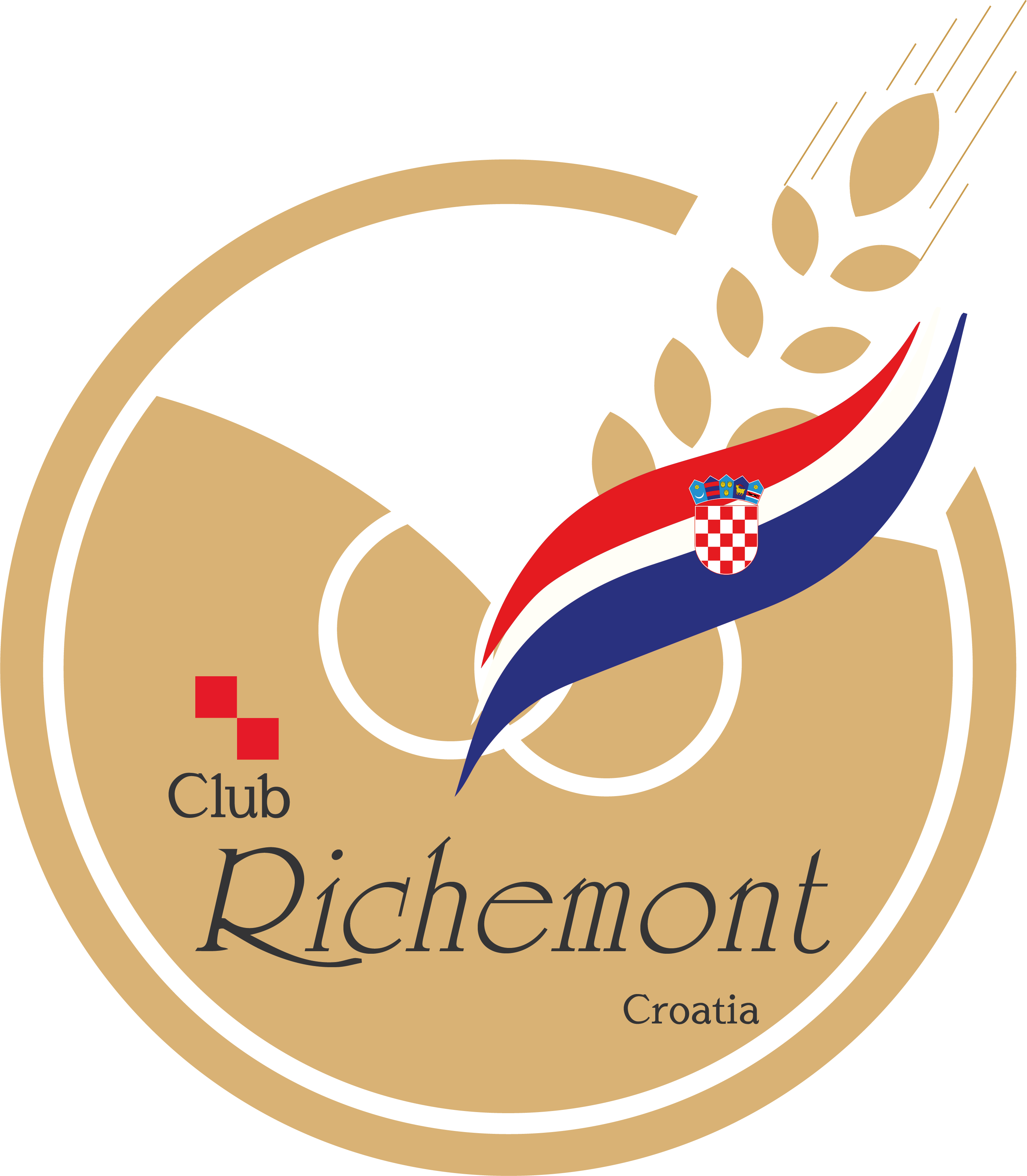Posjetite nas na facebooku
Novosti
What do wine, beer and bread have in common?
Obviously, all three are foodstuff or drinks and part of any aperitif, lunch or dinner. But what else do they have in common? Have you ever heard of fermented foods? Yes, wine, beer and bread, like cheese or yogurt are fermented foods. In recent years other more exotic foods such as kefir, tempeh, sauerkraut, miso or kombucha tea have been added to this list, popular among the recent food trends or followers of macrobiotic diets.
The concept of "macrobiotic" in fact already reveals what we are talking about, foods that contain bacteria. Fermented foods undergo a fermentation process. Lactobacillus convert sugars and carbohydrates into lactic acid. This helps keeping food for a longer time, gives them a pleasantly sour taste and their enzymes, necessary for our digestion, make them a healthy food.
Food fermentation is a process that provides probiotics, live microorganisms that enrich and balance the intestinal flora. It is a process in which detoxification occurs, making the toxins that damage our health disappear. Does this mean that we should eat fermented foods daily? If we consider the intestine as our "second brain", the answer is: yes, we should.
In fact, we know that several ancient cultures such as Korean or Maasai ate fermented foods, e.g. kimchi or fermented dairy. Asia is the continent with the most traditions on fermented foods. In China and Japan, the consumption of fermented foods is daily and abundant.
In contrast, fermented foods are scarce in western daily food, which is primarily dominated by processed foods or food products high in sugar. During the last decades, industrialization has changed the role of important fermented foods that should be eaten daily. Nowadays they play an only secondary role in our western society.
Going back to the three foods we talked about in the beginning of this article, we want to compare three types of fermented foods; two that have a good reputation, are socially accepted and recognized and one that apparently does not.
Wine and beer enjoy a good reputation and social acceptance. The consumption of a glass of wine has been advocated as healthy by doctors and nutritionists for years. Same with beer. But bread does not enjoy the same reputation, even though it's ancient fermented food. Perhaps because it is now mostly produced with chemical yeast in short and large-scale productions?
In bread we find lactobacillus such as "San Francisco". We activate it after mixing wheat flour with water and sourdough for unleavened dough and letting the dough rest in block for 90 to 120 minutes at a temperature of about 26 ° C.
Just as wine stands in a wooden barrel and beer ferments by the action of yeast for three days, sourdough bread also ferments in slow processes. So now that we know that fermented foods take time to ferment because it is their natural characteristic, why don't we also accept the same for bread? Why don't we eat bread made of sourdough?
The wine industry has turned us consumers into gourmets. We have learned about different varieties of grapes and types of wine. The beer industry in the same way has made fashionable craft beers worldwide. In contrast, the bread industry has not been capable to establish bread as a healthy food with as many varieties as wine or beer. Bread is a nutritious and tasty food and deserves the same respect and recognition as beer (e.g. Ipa or Ale) or red wine (e.g. Ribera del Duero or Cabernet Sauvignon).
Maybe one day we will get a bread list in the restaurants, just as the wine list, with the different breads to pick from. But for that bread producers must defend their traditional and millenary elaboration, like wine and beer producers do.
Legal
Richemont klub Hrvatska
Bani 100, 10010 Zagreb
Tel: +385 1 66 22 608
Fax: +385 1 660 80 40


Komentari